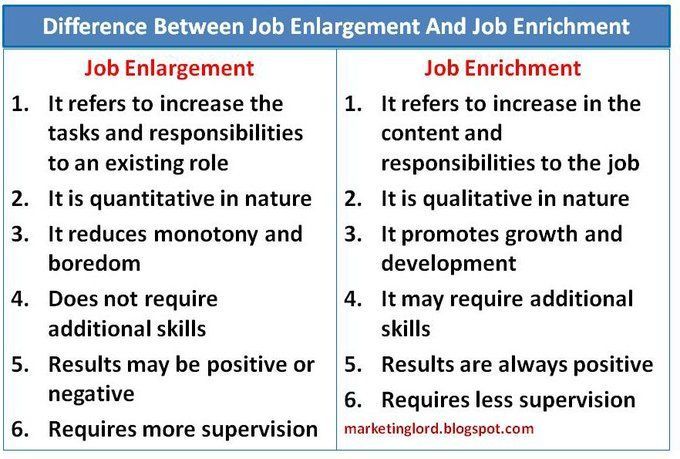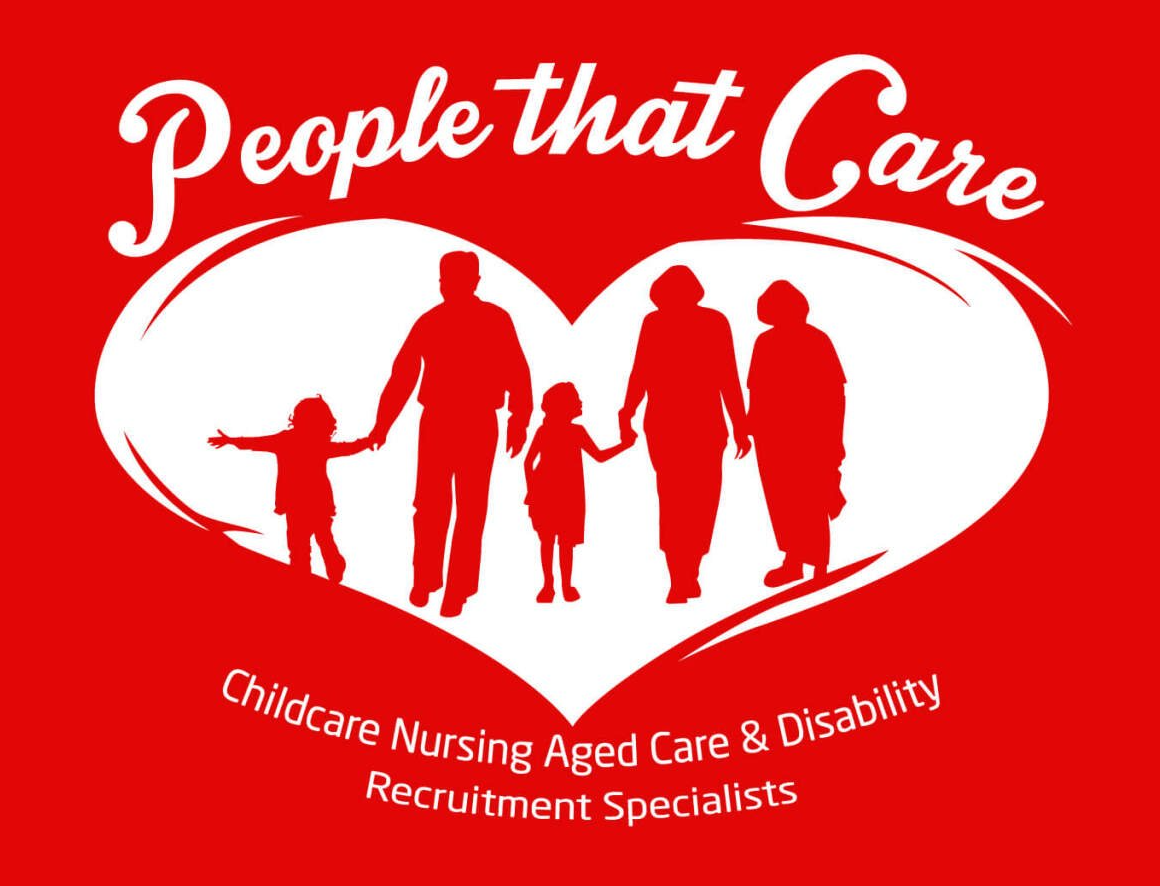Studying an aged care course? Explore a day in the life of a worker!
So you’re interested in enrolling in an aged care course in Melbourne, but you aren’t sure if it’s the career for you. Luckily, we’re here to help.
We want you to love your career in aged care. To give you an idea of what you can expect, our course counsellors have put together this slice of the typical day in the industry, based on the real-world experience of our instructors and our successful graduates.
So, what does a typical day in the life of an aged care worker look like? The truth is, it’s a bit hard to answer, given how diverse the industry is.
That said, your typical shift might reflect the following day-in-the-life…
5am: Rise and shine!
The day starts before the crack of dawn, with many aged care workers getting up early to prepare to work.
At 5am, your alarm goes off. What used to be a struggle is now the norm, so you leap out of bed, eager to start the day.
The elderly are known to rise early, so aged care workers need to rise even earlier!
Not only does this mean you’re ready to help those under your care, but it also gives you ample time to prepare beforehand.
Eating a full breakfast is a must, as you fuel yourself for the day ahead.
6:30-7am: Arrive on time
Upon arriving, you and your colleagues clock in, store your belongings in your locker, and head to the office.
Here, you’re debriefed by the night team, who are just about to wrap up their shifts. They inform you of any notes or incidents that occurred during the night.
After that, it’s time to prepare for any special requests and do your first rounds.
For aged care workers who provide in-house care, your arrival time may be more flexible depending on the needs of the individual client.
Alternatively, you may only be needed for part of the day, with family members picking up the slack for the rest of the day.
It all depends on the type of facility you work in!
8am: Breakfast and general care
You’ve had your breakfast – however, the residents at your aged care facility may not have!
They say breakfast is the most important meal of the day. This doesn’t change, no matter how old the individual in question is.
As such, the typical workday starts with breakfast. You’ll be responsible for bringing breakfast to your residents, and in certain cases, assisting them during mealtime.
In some facilities, meals are had in a communal space, like a dining room.
If your aged care facility uses this set-up, you may also be required to help residents make their way from their room to the dining area.
You’ll use tools like wheelchairs and lifters (which our aged care courses in Melbourne will teach you how to use) to transport residents to the canteen.
In addition to bringing them breakfast (or bringing them to breakfast), you may also be required to help residents prepare for their day. This may include dressing, grooming, and going to the bathroom.
Many seniors have unique medical conditions that require them taking specific vitamins and medication early in the morning as part of their care plan. As an aged care worker, one of your responsibilities will be administering this medication safely.
10am: Outdoor activities
A large part of remaining healthy is physical activity – as such, physical activities are an important part of any aged care worker’s responsibilities.
Assisting the residents to your hall or garden area, aged care workers are responsible for leading residents through some simple routines including stretches and gentle exercises.
You may find yourself with mini stereo in hand, playing a funky 70s dance hit while encouraging those in your care to keep moving!
In some cases, you may even assist professional aerobics instructors and physical therapists in their routines.
11am: Lunchtime
Time has slipped by so fast – can you believe that it’s almost lunchtime already?
While your residents are busy making their way to the dining room for lunch, you’ll have some time to enjoy your own lunch, too.
Pop down to the staff room and put the kettle on – enjoy your well-earned break!
Depending on the policy of your facility, you may or may not be the one responsible for preparing lunch, or aiding residents during the lunch hour.
If you provide in-home care individual care however, preparing lunch is one of your biggest responsibilities. In many cases, the elderly won’t be able to prepare their own food, and as such, you’ll need to step in.
If you work in an aged care centre, lunch may also present you with a window of time to clean up residents’ rooms while they’re busy eating.
You’ll vacuum, empty bins, dust, and change the sheets.
1pm: Paperwork
Paperwork is crucial in monitoring residents’ health and ensuring that all of their needs are being met.
You’ll fill out prescription information and make notes about all your residents.
While there’s not always a dedicated portion of your day set aside for paperwork, we recommend keeping on top by doing as much of it as you can when you have a spare moment.
2pm: General care
Were you in the middle of paperwork? If so, that can wait because now it’s time for the afternoon frenzy of activity!
Many residents like to move around after lunch. As an aged care worker, you’ll be helping them do so. You’ll help with transfers, and assist mobility-impaired residents get around.
3pm: handover
The morning shift is over, and it’s time to head off!
As the afternoon shift comes in, you hand over your paperwork and inform the new workers about any progress notes from the morning, and update them on the latest medication schedules.
This information prepares the afternoon crew for their upcoming shift, and ensures that care seamlessly transitions with minimal complications.
Once handover is complete, it’s time to clock off – good timing, as the morning coffee is starting to wear off!
Time to head home, enjoy the afternoon off, and get a good night’s rest before it all starts again tomorrow!
All day: answering to various needs throughout the day
Not all days in an aged care facility are going to look the same.
During the day, you’ll be answering to residents for a variety of needs:
- Perhaps someone has fallen over and needs urgent assistance
- Mobility-impaired residents may need help getting around
- There might have been a mix-up in the kitchen and someone is missing a meal
- One of your residents might simply want to chat about something
- A hazard in a common area needs to be treated immediately
And this is on top of all of your other daily responsibilities as an aged care worker!
These are just some examples of the types of extra tasks you’ll routinely deal with. Your buzzer will be going off throughout the day, and your shift will be peppered with one-off tasks and queries.
However, with clear communication and support from your fellow aged care workers – as well as the help of an aged care course in Melbourne – you’re set to enjoy a truly rewarding career.
Thinking of a career in aged care? Enrol in an aged care course in Melbourne today!
Are you looking forward to an exciting and rewarding career in aged care?
Before you start your career in aged care or advance to the next level, you’ll need to get the right qualifications!
Academia is one of Australia’s leading providers of courses for aged care, as well as childcare, commercial cookery, and English.
We are committed to providing students with world-class training. Whether you’re just starting out in your career or looking to change direction, our aged care courses in Melbourne are just what you’re looking for.
Our Melbourne campus offers two different aged care courses:
Certificate III in Individual Support (CHC33015)
Kick-start your career with the Certificate III in Individual Support.
This certificate will teach you the basics of assisting the elderly. A Certificate III in Individual Support provides training in providing personal care and assistance to residents at in-home care facilities and other community settings.
You’ll learn about nutrition, helping with medication and how to work with mobility-impaired residents. You’ll also receive training with tools such as lifters.
All of this is capped off with 150 hours of work placement in a registered aged care facility. Put your newly acquired skills into practice!
Certificate IV in Ageing Support
Looking to get into a more specialised career path in aged care? Want to step into more of a managerial or leadership role?
Advance in your career by enrolling in the Certificate IV in Ageing Support.
In addition to what you’ll learn in the Certificate III, you’ll also learn about high-level and specialised tasks, like:
- Implementing interventions for at-risk individuals
- Loss and grief support
- Individualised service planning and delivery
- Maintaining healthy body systems
All of which opens the door to plentiful opportunities in aged care!
Source: https://www.academia21.com/blog/2019/08/30/studying-aged-care-course-explore-day-in-life-worker/


